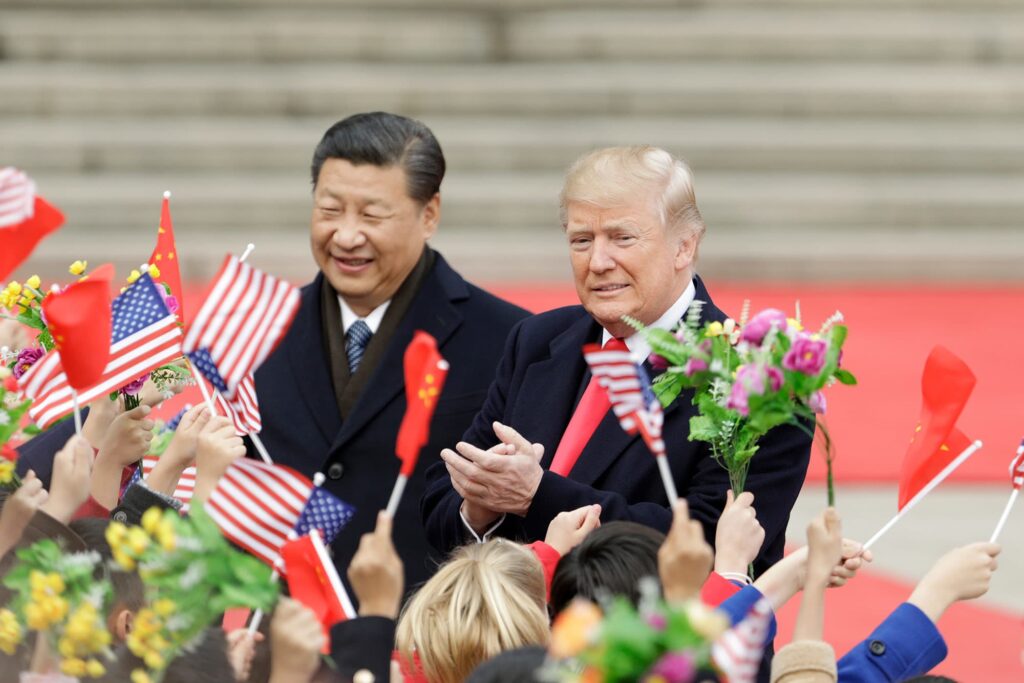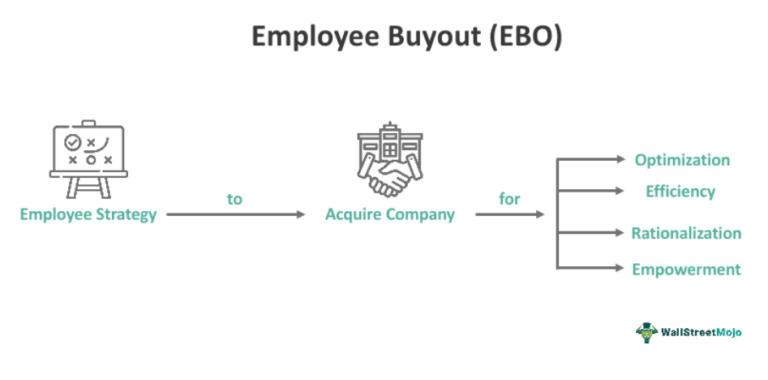
Audience
- Sentiment: neutral
- Political Group: mixed
- Age Group: adults
- Gender: mixed
Overview
- The U.S.-China trade war is characterized by reciprocal tariffs that affect a wide range of goods and have implications for both economies.
- There is an ongoing debate regarding the effectiveness of tariffs in protecting local jobs versus the potential negative impact on consumers.
- The World Trade Organization faces challenges in mediating the trade conflict as both nations navigate complex economic dynamics.
The U.S.-China Trade War: What’s Happening and Why It Matters
If you’ve been paying attention to the news recently, you may have noticed that the relationship between the United States and China is undergoing some serious tension. It’s like when two friends get into a massive argument, but instead of just yelling at each other, they start trading their favorite snacks and toys as retaliation. In this case, the “snacks” are called tariffs, and the consequences can ripple through the world economy and affect us all in different ways.
What Are Tariffs, Anyway?
Tariffs are like taxes that governments put on goods that are coming from other countries. Imagine you buy a really cool video game system from another country. If the U.S. government decides it’s going to tax that product as it comes into the country, you’re ultimately going to pay a higher price for that video game system. The idea behind tariffs is to make foreign products more expensive so people will buy locally made items instead.
In this case, the United States imposed a 10% tariff on all goods coming from China. That means everything from electronics to clothing just got a little bit more expensive for American consumers. Not surprisingly, China didn’t take this lightly and decided to hit back by putting tariffs on a range of American products, including coal, natural gas, crude oil, and even agricultural machinery. This retaliation is a tactic you might see in negotiations: if one side does something you don’t like, you respond in kind.
So, let’s break this down a bit more.
Why Is This Happening?
The trade war escalated abruptly. President Trump has been vocal about his dissatisfaction with trade relationships, claiming that countries like China were taking advantage of the United States. He believes that these tariffs are a way to level the playing field. However, not everyone agrees with this approach. Critics argue that tariffs will actually hurt American consumers more than they help local businesses. Higher prices mean that you might have to pay more for the things you love or even cut back on your spending.
But that’s not all; President Trump is also looking at other countries and their tariff policies as possible targets. Some discussions have popped up about imposing new tariffs on vehicles coming from the European Union. This makes the situation even trickier, as it seems that tension is simmering not only between the U.S. and China but also with other nations.
The Global Impact
Now, you might be wondering why this all matters to you and me. Let’s think about it this way: when two massive economies like the U.S. and China get into trade battles, it doesn’t just affect rich CEOs and business owners; it impacts regular folks too. For instance, if agricultural machinery becomes subject to tariffs, farmers in the U.S. might struggle to buy the equipment they need, which could lead to higher food prices down the line.
Additionally, China is now alleging that Google is involved in monopolistic practices. This means that China believes Google has too much control over certain markets, which may lead to investigations into how the tech giant operates. If you think about it, this isn’t just a tech issue; it connects back to trade as well. As technology continues to evolve, countries are increasingly concerned about who holds the power in the tech realm.
The Investment Angle
Another interesting twist in this story is China’s decision to add U.S. fashion company PVH to its “unreliable entity” list. This essentially brands certain companies as being problematic and could lead to more scrutiny regarding how they do business in China. This is particularly huge because it could impact how many American companies view their future investments in China. If they believe that doing business there comes with risks, they might decide to pull back, which could have a negative effect on jobs and economic growth.
WTO: The World Trade Organization
Now, let’s talk about the World Trade Organization (WTO). This organization usually helps resolve trade disputes between countries. Think of it as a referee in a sports game. When there’s foul play, it steps in to ensure fair play. However, the current trade war is posing significant challenges to the WTO’s ability to mediate this conflict. With so many countries taking actions that could be seen as retaliatory, it’s hard to know how the WTO can get involved effectively.
Analysts are pointing out that China is not the same China it was a few years ago. Under President Trump’s first term, China’s economic and technological abilities significantly improved. This means that any tactics that worked in the past might not work as well now. As China becomes more self-sufficient and innovates in technology, the U.S. may find it increasingly difficult to leverage its economic power.
The Bigger Picture: Innovation vs. Restriction
Think about innovation and technology for a second. We live in a world where companies constantly develop new gadgets and apps to make our lives easier. With China rapidly advancing in technology and innovation, there’s a risk that these trade tensions could stifle creativity and growth on both sides. Imagine if your favorite video game developer couldn’t get the parts needed to create the latest gaming console because of tariffs.
If the U.S. and China cannot find common ground, not only will consumers face higher prices and fewer options, but there’s also a risk that future advancements in technology and other fields could slow down. That might affect everything from the phone you carry in your pocket to the clean energy technologies we need to address climate change.
What Lies Ahead?
So, what’s next in this unfolding saga? Ongoing discussions are being held about trade policies and tariff exemptions, but finding a resolution won’t be easy. It’s like trying to solve a complex puzzle where every piece plays a vital role in completing the picture. Some analysts are worried that if tensions continue to escalate, we might see a prolonged period of uncertainty. This could affect everything from international trade routes to stock markets around the globe.
In summary, the trade war between the U.S. and China is complicated, with many moving parts that affect not just those directly involved, but all consumers and companies worldwide. With tariff policies and ongoing investigations into major tech companies, the situation continues to evolve, leaving many wondering what the future holds.
Conclusion: What Do You Think?
While you may not have all the answers right now, understanding the dynamics of this trade war is crucial, especially as you grow older and enter the world of work or college. Do you think tariffs are a good way to protect local jobs, or do you think they only hurt consumers in the long run?
Your thoughts are important—so we’d love to hear what you think! Are there any products you can think of that might be affected by these trade issues? How would you feel if the prices of your favorite snacks or gadgets went up because of tariffs? Share your opinions in the comments below!





